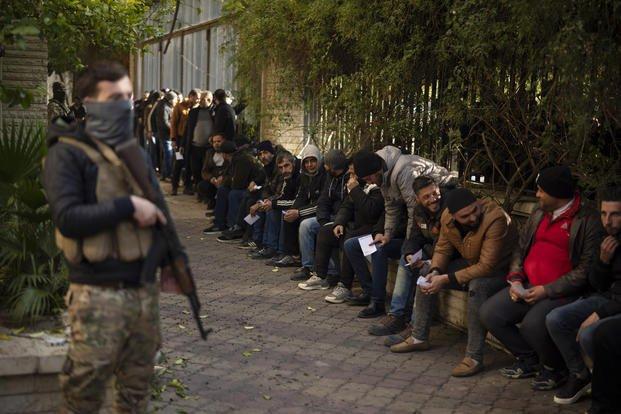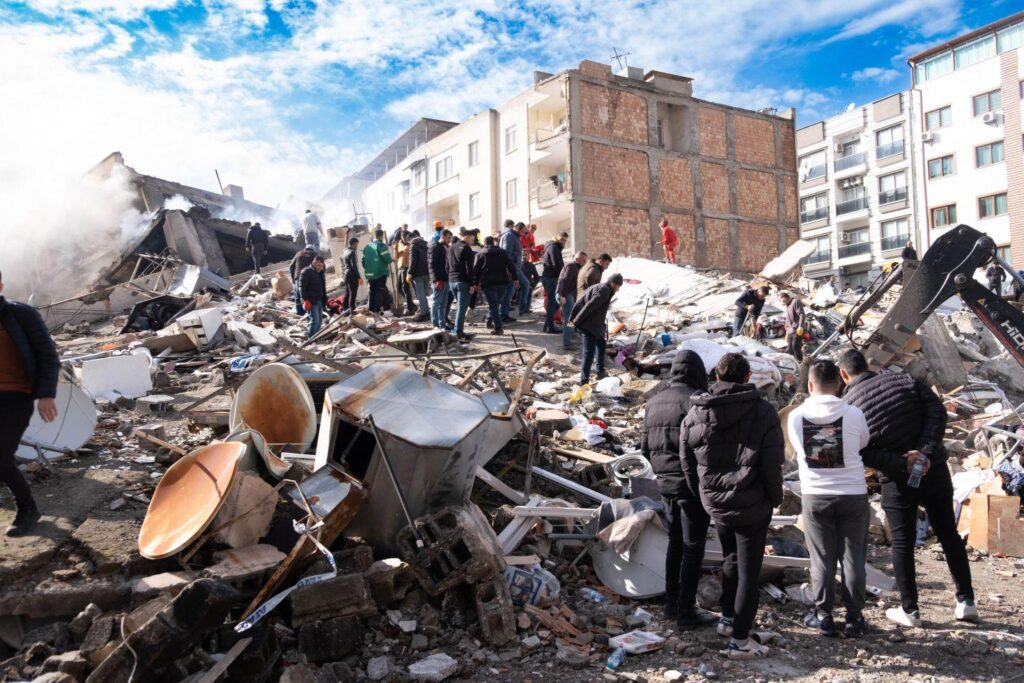In the shadows of a conflict that has torn a nation apart, a whisper of change echoes through the ranks of Syria’s battered military. Soldiers, once bound by loyalty or fear to Bashar al-Assad’s regime, are now contemplating a daring pivot—trading their allegiance for a chance at redemption. As the promise of amnesty hangs in the air like a fragile truce, these battle-weary men stand at a crossroads, weighing the potential of a life beyond the endless cycle of violence that has defined their existence for over a decade. In the shadowy corridors of Syria’s fractured military, a quiet rebellion is brewing. Soldiers long bound by loyalty to Bashar al-Assad’s regime are now seeking a lifeline, carefully navigating a complex landscape of survival and potential redemption.
Reports emerging from conflict-ridden regions suggest a growing number of Syrian military personnel are exploring paths to distance themselves from the government’s increasingly precarious position. These soldiers, many of whom have endured years of brutal conflict, are increasingly receptive to offers of amnesty that promise an escape from potential prosecution and persecution.
Intelligence sources indicate that negotiations are happening in hushed tones, with intermediaries facilitating discussions between disillusioned military personnel and opposition representatives. The promise of amnesty has become a compelling narrative for soldiers who have witnessed the regime’s systematic breakdown and potential collapse.
Younger soldiers, in particular, seem more inclined to break ranks. Many conscripted into service with little personal investment in the regime’s ideology, they now see an opportunity to redefine their future. The psychological toll of prolonged conflict has eroded traditional military hierarchies and allegiances.
Strategic defections are not merely individual acts but potentially represent broader shifts in military dynamics. Some soldiers are providing critical intelligence about troop movements, weapon stockpiles, and internal communication networks, significantly weakening the regime’s operational capabilities.
The amnesty offers come with complex conditions. Soldiers must provide verifiable evidence of their willingness to separate from Assad’s forces, including documentation of their service records and detailed accounts of their potential contributions to potential reconciliation efforts.
International diplomatic channels are quietly supporting these transition processes, recognizing that managed military defections could be crucial to Syria’s eventual stabilization. The delicate negotiations require nuanced approaches that balance accountability with the pragmatic need for national healing.
Psychological rehabilitation programs are being developed to support these soldiers, acknowledging the trauma and moral complexities they’ve experienced. These initiatives aim to reintegrate military personnel into civilian life, offering vocational training and counseling.
The emerging trend reflects a broader disillusionment within Syria’s military ranks. Years of conflict, international sanctions, and internal political fractures have eroded the once-monolithic structure of Assad’s armed forces.
As negotiations continue, these soldiers stand at a critical crossroads—between a discredited regime and an uncertain but potentially hopeful future. Their choices will significantly influence Syria’s eventual path to reconstruction and potential reconciliation.
